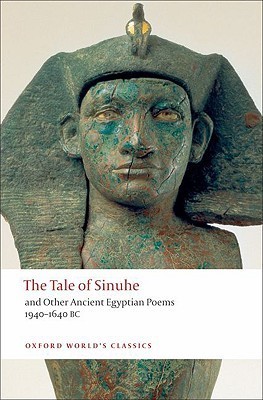What do you think?
Rate this book


298 pages, Paperback
First published October 2, 1941
I wish I were the laundryman
of my beloved's clothes
for even just a month!
I would be strengthened by grasping the garments
that touch her body
Am I not here with you?
Then why have you set your heart to leave?
Why don't you embrace me?
Has my deed come back upon me?
IF you seek to caress my thighs.
Is it because you are thinking of food
That you would go away?
or because you are a slave to you belly?